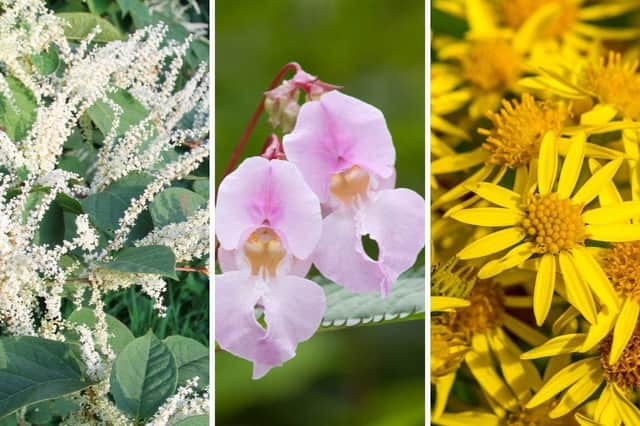The invasive Japanese Knotweed plant is causing problems across the UK, with over 50,000 investigations currently ongoing.
It can grow up to 10cm a day and is capable of pushing through brickwork, paving slabs, drains, sewers and cavity walls – potentially doing great damage to property.
To deal with the continuing spread, there are now fines for people who don’t take action against the weed, along with other plants that can cause a range of issues.
With this in mind, garden experts at Power Sheds have listed the top ‘criminal plants’ that could be growing in your garden and how you can save yourself from a hefty fine.
Jack Sutcliffe, co-founder of Power Sheds, explained: “Once you can identify the most common criminal plants, it’s important to prevent them from spreading as soon as possible. The easiest way to do this is by spraying them with chemicals, digging them out or burning them.”
So, here are the plants to look out for.
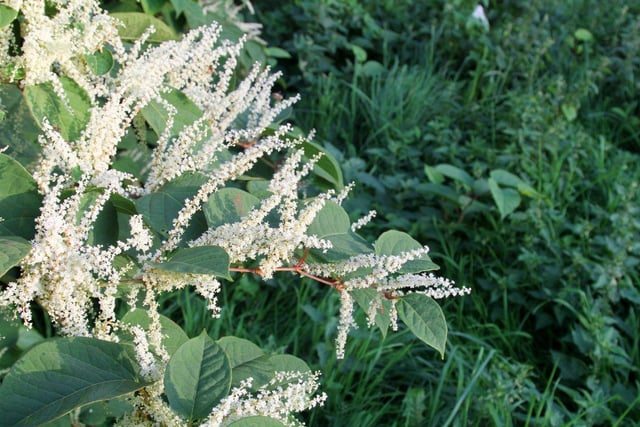
1. Japanese Knotweed
The Japanese knotweed is one of the most invasive plants. It has bamboo-like stems and clusters of small white flowers which can cause significant damage to property and infrastructure. It is difficult to eradicate once established, making it even more important to avoid in your garden. If you’ve spotted the Japanese knotweed growing in your garden, it’s important to get professional help to remove it, as even the smallest piece of stem left in the ground can regrow. If you’re selling a property, make sure to get a professional survey done by an RICS surveyor. This will help protect you from any legal action from buyers if knotweed is later discovered on the property. Fines for the Japanese knotweed can go up to £34,000, but a recent lawsuit against a seller whose property had the plant came to £200,000. So, it’s essential to be cautious when it comes to this criminal plant! Photo: Canva/Getty Images
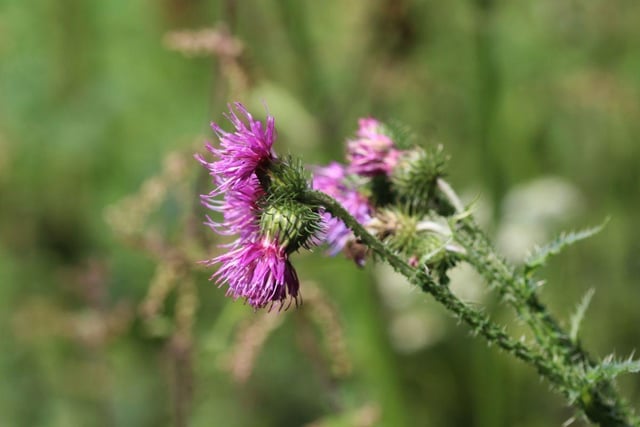
2. Spear Thistle
The spear thistle is a noxious weed in the UK and it is currently illegal to allow it to grow in your garden. The plant has spiky leaves and purple flowers and can spread quickly, causing harm to crops and other vegetation. If discovered, the fines for it can cost up to £2,500. Photo: Canva/Getty Images
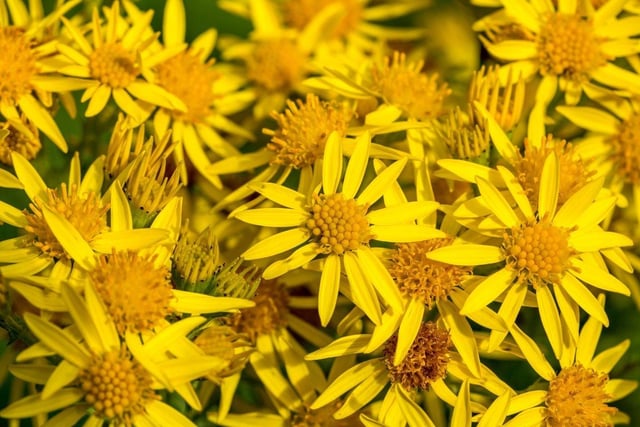
3. Common Ragwort
The common ragwort is easily recognisable with its bright yellow flowers and feathery leaves. Although it is one of the most common weeds, this toxic plant is harmful to livestock, with the fine for growing this illegal plant up to £5,000. Photo: Canva/Getty Images
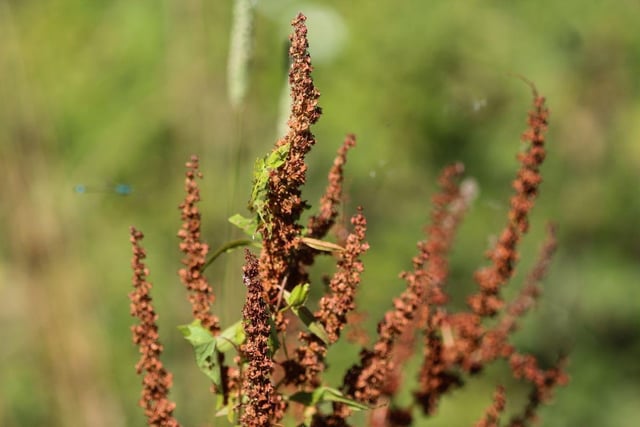
4. Broad-Leaved Dock
Similar to the spar thistle, the broad-leaved dock also harms crops and vegetation. It can easily spread across the UK as it’s not sensitive to weather conditions. The plant can be recognised by the broad leaves and spikes of small yellow flowers. If they are found in your garden, you can be fined £2,500. Photo: Canva/Getty Images
